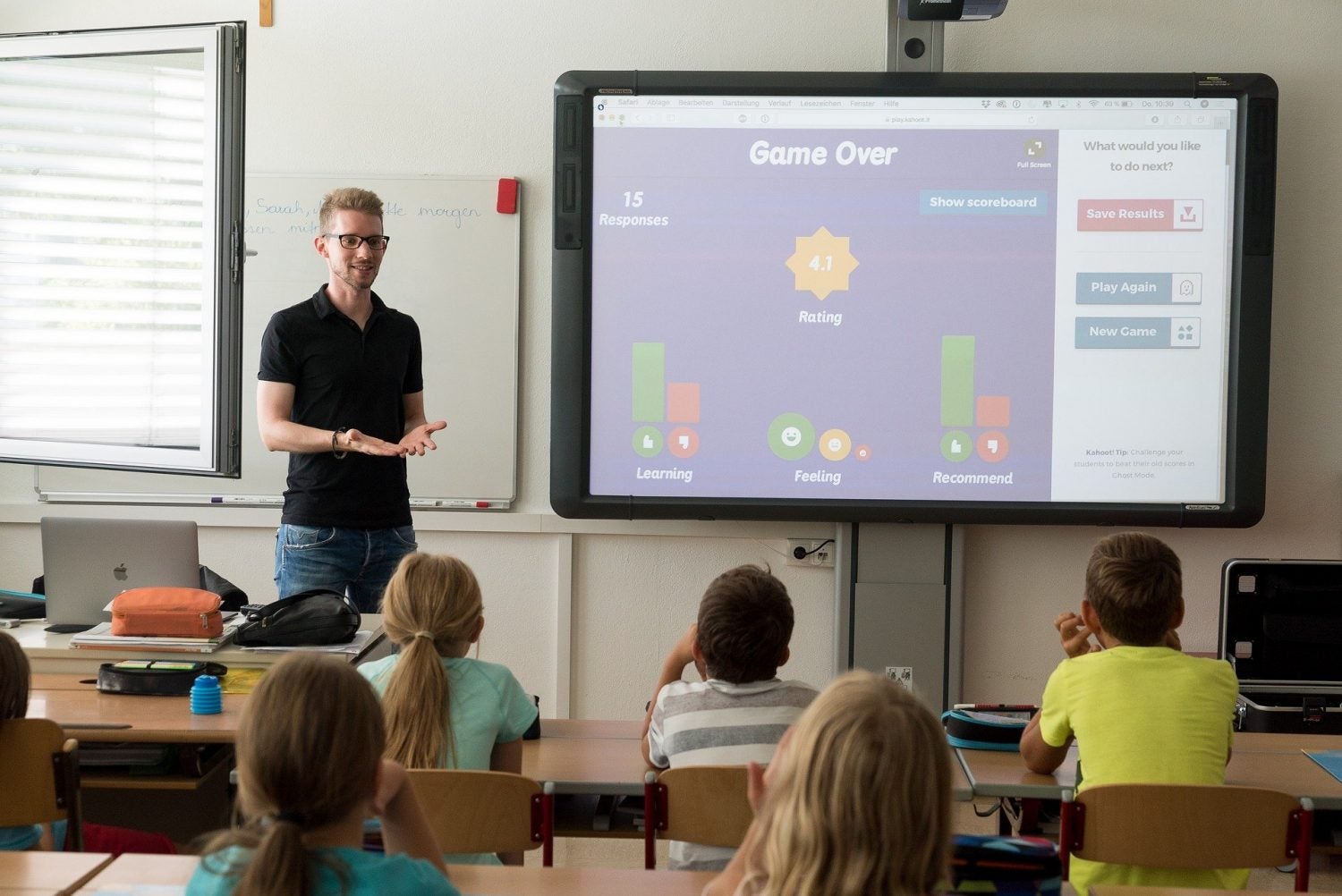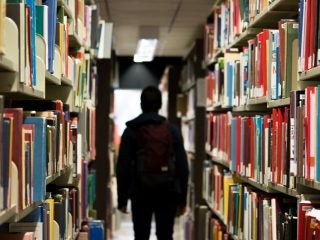Teachers are an asset to students. They are like vessels that guide students to safety. These professional educators have an essential role in the growth and development of students. However, before they can help students, they need to understand the different requirements for different individuals.
Educational psychology is a field that helps bridge the gap between students and teachers. It enables teachers to study their students’ abilities, interests, and intelligence. When teachers immerse themselves in educational psychology, they see the impact in theory and practice. For your understanding, here is how educational psychology helps professional educators:
1. It Helps Teachers Understand Individual Differences
Students have different needs. They all have other methods of approach towards their education. Teachers need to know how to pick up these requirements and create an environment that helps them learn.
Through educational psychology, educators learn about different learning styles. It allows them to create a diverse and valuable lecture for students instead of only engaging a handful of them. For example, some kids learn better with practical examples. A teacher can pick out real-life examples and bring them into their lecture.
2. Enables Teachers to Develop Curriculums
If teachers want to develop curriculums, they need educational qualifications. Psychology is a vast field and has many theories. Unless a teacher does a post-graduation degree, it would be hard to understand them. After successfully acquiring their graduation, educators should pursue a post-graduation degree.
They now have the option of comfortably getting a degree online with convenience. Getting into an educational psychology online master’s program is the stepping stone these professionals need to develop a curriculum. A well-structured curriculum touches all the necessary bases for a student’s education. It helps them get practical knowledge and easy-to-follow lectures that they can continue implementing as they progress higher.
3. Emphasizes the Importance of Audio-Visual Aids
Not every student can follow a conventional lecture. Some students need visual aids to help them learn. These include animations, narration, and videos that engage students and help them learn. When teachers study educational psychology, they understand the importance of these aids and develop them.
It can help them pick up complex concepts much more accessible and digestible. Developing these aids is also a challenge for teachers. They get a chance to dissect individual topics to make them into proper learning aids. This helps teachers get polished and become experts in their departments with appreciative students.
4. Normalizes a Student’s Mental Health
While teaching students, it is essential to note the toll it takes on a student. Not every student can keep up with the stressful environment of a class. They need continuous breaks and pauses between each lecture to absorb every topic. In such cases, it helps when teachers equip themselves to deal with every student’s different mental health needs.
This allows them to modify the classroom environment, structure lectures to accommodate them, and have coping mechanisms in place. When a teacher understands where a student is coming from, it also prevents them from becoming frustrated or irritated. So this helps in developing a healthy relationship between a teacher and their student.
5. Makes Learning Outcomes More Quantifiable
Teachers need to know if students pick up what they’re putting down. Conventional testing methods are not for everyone. Some students may perform well, while others may get disabled with anxiety and mess up. A teacher needs to design a testing structure that helps them measure learning outcomes.
It can range from various activities such as gauging the instructiveness of the classrooms to analyzing each assignment. Once a teacher picks up how well students are learning, they can work on helping students even more. This may include assisting students in getting comfortable with giving tests, making them participate more, and helping them voice their needs.
6. Establish a More Democratic Administration
Administrations cannot have biases. Under all circumstances, they need to be impartial. When administrative leaders go through educational psychology, they exercise their power in a more controlled manner. The administration gets more concerned about aiding and helping students.
They are more interested in evaluating teachers, organizing activities, and planning timetables. When an administration is more approachable, it allows students to express themselves more openly without fearing unfair repercussions. This helps develop a wholesome learning environment where students get the margin to experiment and learn. It also prevents the abuse of authority when instructing students on what they should do.
7. Guide Students
Students need help outside of classrooms. They may need help picking their career, help with their mental health, or tend to bully. When a teacher studies psychology, they can offer some level of support to these students. They can talk to them and understand their perspectives before suggesting remedies. If they feel that the student needs extensive help, they can get guidance counselors on board. In exceptional circumstances, they may need to involve parents and explain the situation to their best abilities.
Another source of guidance these teachers offer is helping students get better at their school work. This wouldn’t have been possible without insight into how students function and how their thought processes work. These educators know the kind of workshops to conduct, which are both interactive and engaging, taking different learning methods into account. So, no student gets left behind.
Wrap Up
Educational psychology prepares teachers to help their students in various ways. It gives them insight into their thought process, allowing students to study. The purpose of educational psychology is to reform teachers. They acknowledge individual differences, develop unique curriculums, and use tools like audio-visual aids.
It also helps teachers understand a student’s mental health, enabling them to build learning outcomes. It also allows a school’s administration to adopt a friendlier approach. Finally, teachers also get the opportunity to be a source of guidance for students. They can help them work on their problems both in their personal lives and through their academic journey. Educated teachers make a marked difference in the life of students.

















